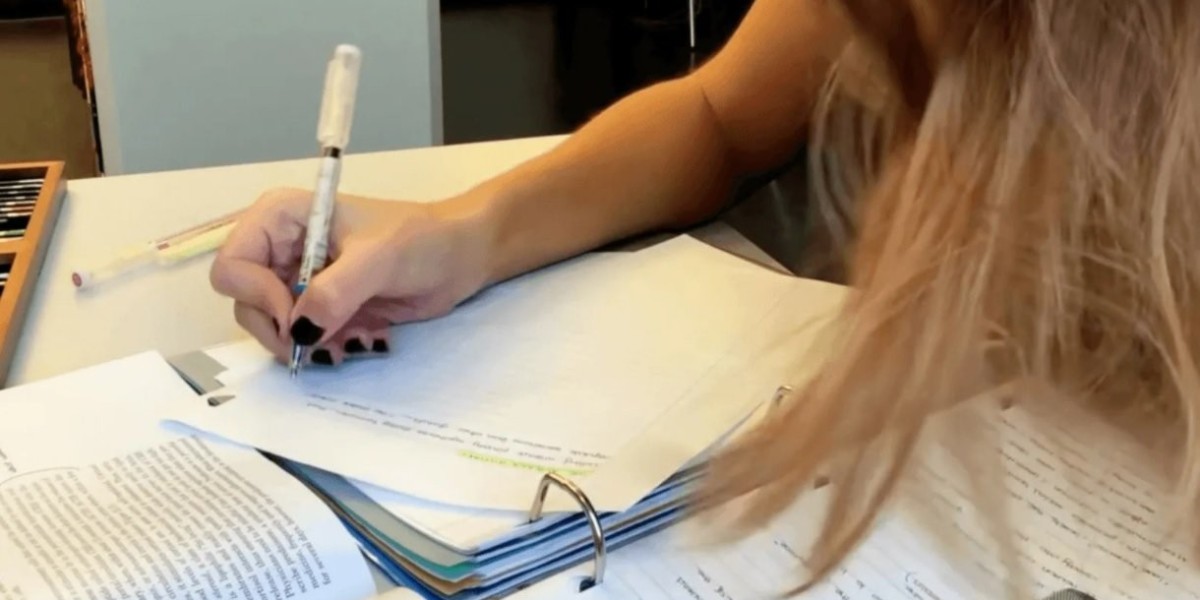There is a strong correlation between depression and addiction Rehabilitation Centre in Delhi and the problem is often approached in 2 different ways.
- Some conventional psychiatric treatment procedures focus on treating depression as the root cause contributing to the drug or alcohol abuse problem,
- Others consider depression as a symptom typically Rehabilitation Centre in New Delhi revealed after a person gets addicted to substance abuse.
As an addict travels along the ever descending road, whilst experiencing their high, they are in a euphoric state of mind in which they simply become numb to any sort of pain sensations, both emotional and physical. In most cases, addicts are in a Rehabilitation centre in Noida worsening or poor state of health. Long-time drug and alcohol abusers also suffer from nutritional deficiencies. Therefore addiction is a progressive complication.
Due to prolonged addiction problems, addicts face a variety of emotional, social, and physiological problems such as job loss, broken relations, discontinuation in studies, financial bankruptcy, legal problems, and many others, which lead to recurrent episodes of depression. So in one way or another, depression and addiction are highly correlated with each other, especially considering the consequences of addiction.
Depression Often Leads To Relapse
Depression is a critical mental health condition that most frequently coexists with substance abuse disorders. If left untreated depression can hinder the addiction recovery process and may lead to relapse. On the other hand, an untreated addiction problem may also develop depression in the patient and consequently lead to relapse. Hence, this vicious cycle of depression and addiction needs to be recognized and requires simultaneous treatment.
The ideal treatment must focus on the deepest root of the addiction and its consequences incorporating a thorough understanding of the relationship between addiction, recovery, depression, and relapse. The treatment must be based on a clear understanding of the bio-psychosocial model of addiction and depression. The fundamental principle of treatment will only be established by treating depression coexisting with addiction. The recovery plans need to address the administration of signs and symptoms of both depression and addiction.
Few Essential Facts
In practice, chronic depression is an integral part of the hard reality that addicts face especially during their recovery. When they feel depressed seeing the destruction they have caused in their life. Prolonged usage of drugs alters the brain programming in such a manner that they inevitably search for an escape from the hard reality they face. This depression may again entice them to use drugs all over again. Some people describe the syndromes of depression and addiction as a married couple who can not exist without each other.
Although the addict’s brain is programmed for quick relief and instant gratification, therefore one should not use anti-depressants even when he feels depressed during recovery. Anti-depressants offer nothing more than a temporary solution. It is better to seek family support at the time of depression or ask for help from volunteers who are continuously contributing in the field of addiction. You can reach out to us through our website to get the best treatment for depression and addiction of any kind.







